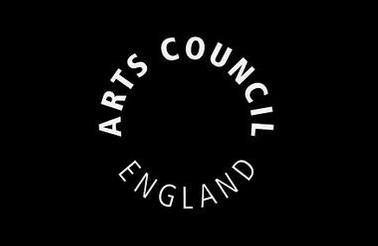UK
Arts Council criticised after warning funding recipients about risks of political activity

Arts Council England (ACE) has been criticised after warning funding recipients of potential reputational risks from engaging in political activity, in recently updated guidance.
The funder warned arts organisations that statements “including about matters of current political debate” could potentially breach the terms and conditions of their funding agreement with ACE.
ACE said such statements could lead to “negative or damaging reactions or coverage from the press, public, partners and/or stakeholders (eg sponsors and/or other funders) towards the organisation or the Arts Council”.
Its updated guidance reads: “The type of action or activity that may constitute or influence an increase in reputational risk can include […] activity that might be considered to be overtly political or activist and goes beyond your company’s core purpose and partnerships with organisations that might be perceived as being in conflict with the purposes of public funding of culture.
“Risks posed by negative press or social media coverage in relation to any of these issues, or to whistleblowing or similar concerns, should also be taken into account.
“We expect your organisation and your board to be aware of these risks when planning activity, especially if the terms and conditions of the funding agreement are at risk of being breached.
“We expect you to be proactive with your responses and mitigations to any risks that have been identified.”
After being criticised on social media, ACE clarified its position in a statement published today.
It said the guidance “does not seek to stop any artist or organisation from making the art they want to make, or speaking out in any way they wish – including in ways that challenge institutions and authorities”.
“The guidance does, however, set out a series of steps for organisations to go through, to ensure that if they, or people associated with them, are planning activity that might be viewed as controversial, they have thought through, and so far as possible mitigated, the risk to themselves and crucially to their staff and to the communities they serve,” it says.
SMK: ‘Deeply concerning development’
Sue Tibballs, chief executive of Sheila McKechnie Foundation, said: “It is, of course, true that public discourse is now much more febrile and polarising.
“All of us have to navigate this with thought and care - as ACE have just found to their cost.
“Their ‘clarifying’ statement makes all the right noises about artists’ right to challenge the status quo – but the fact remains that the framework, like much of the law and guidance affecting campaigning charities, makes it very hard to do so with confidence.
“That they issued this policy is a deeply concerning development and one, I fear, that will force many artists out of political discourse.
“As a self-proclaimed champion for the arts as a vehicle for exploring our culture and inspiring change, ACE need to review the policy urgently.”
No comments:
Post a Comment